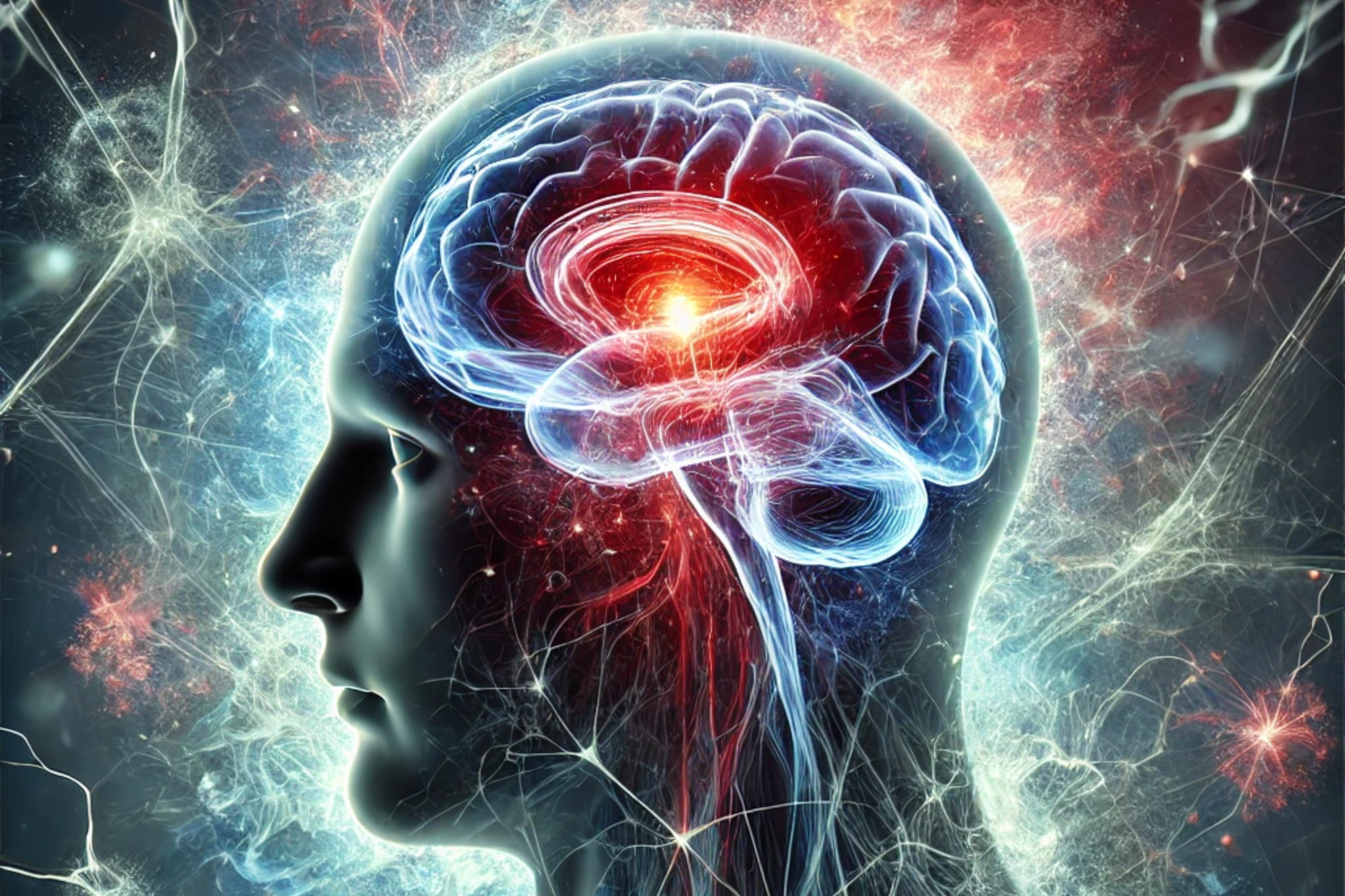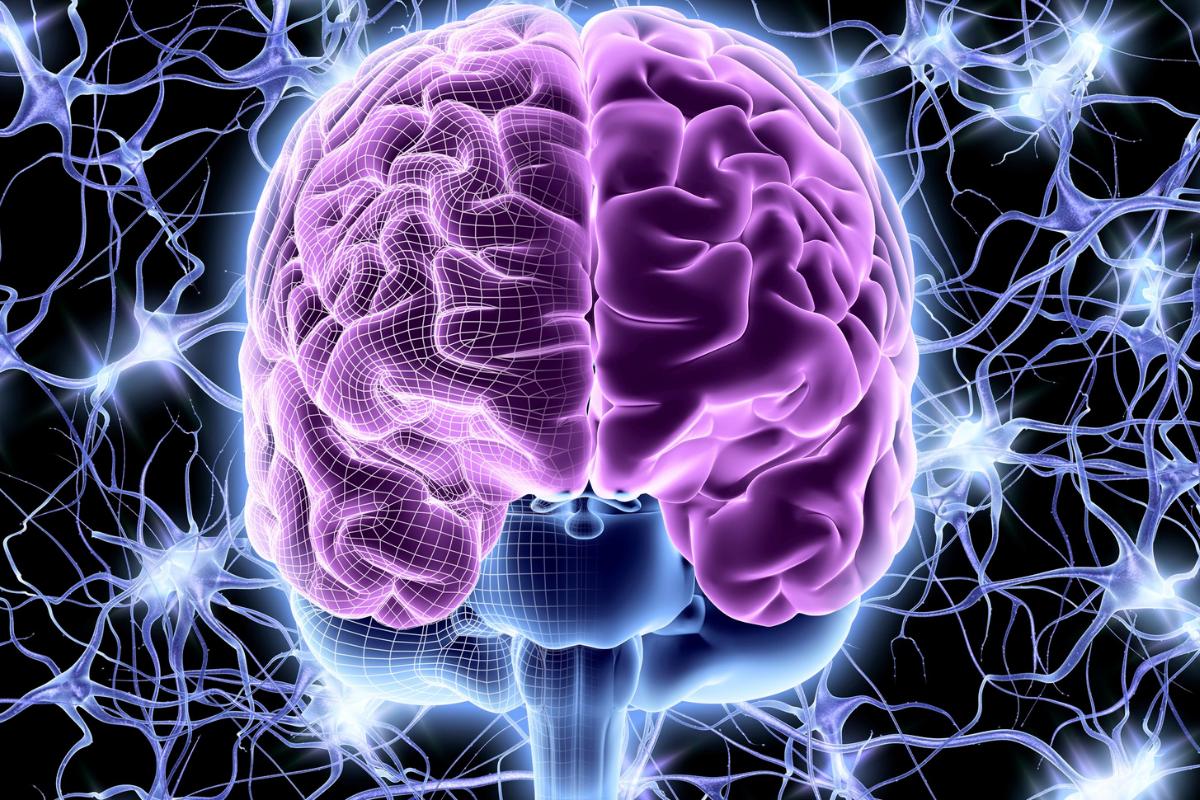Refractory depression, a persistent form of depression that resists conventional treatments, represents a significant challenge in the field of mental health and medicine.
In this sense, identifying and understanding this condition is crucial to finding effective treatment approaches and improving patients' quality of life.
That's why, throughout this article, we're going to clear up the main doubts about refractory depression, discuss treatment options and highlight the importance of follow-up with a specialized psychiatrist.
So read on for a comprehensive overview that could be the first step on the journey to better.
What is refractory depression?
Refractory depression is a complex and heterogeneous condition in which the patient with depression does not respond to traditional treatments, such as antidepressants or standard psychological therapies.
This can happen after several types of treatment have been tried, with no significant improvement in depressive symptoms. Understanding this phenomenon is fundamental to finding more effective and individualized treatment strategies.
Difference between common depression and refractory depression
Common depression generally responds well to conventional treatment methods. Refractory depression, on the other hand, persists despite these efforts. The crucial distinction between the two lies in the response to treatment.
While many individuals with common depression experience relief with medication and therapy, those with refractory depression continue to struggle with debilitating symptoms.
In this case, a more in-depth and often multidisciplinary approach is needed, which can include a combination of therapies and a more detailed assessment of organic biological factors.
Symptoms of refractory depression
The symptoms of refractory depression resemble those of conventional depression, but persist even after treatment.
This can include deep sadness, loss of interest in pleasurable activities, changes in appetite or weight, sleep disturbances, fatigue, feelings of worthlessness or guilt, difficulty concentrating and suicidal thoughts.
In addition to these, physical symptoms such as palpitations, shortness of breath and gastrointestinal changes may also be present, reinforcing the need for specialized psychiatric care that takes into account the individual's integrality.
Causes of refractory depression
Refractory depression can be particularly challenging, not only because of the emotional and physical impact, but also because of the difficulty in identifying its exact roots.
Understanding the potential causes is an essential step in developing an effective treatment plan. Generally, refractory depression is not due to a single cause, but to a combination of biological, genetic and environmental factors.
That's why we're going to show you some of the elements that can play a crucial role in resisting conventional treatment for depression:
- Genetic factors: Some individuals may have a genetic predisposition that affects their response to antidepressants;
- Biochemical variations: Abnormalities in neurotransmitters or hormonal imbalances can contribute to resistance to treatment;
- Concomitant medical conditions: Chronic illnesses such as diabetes, heart disease or thyroid dysfunction can complicate or potentiate the symptoms of depression, making effective treatment difficult;
- Drug resistance: Some people's bodies can metabolize drugs differently, which can weaken the effect of antidepressants;
- Side effects of medication: Other medications can interfere with the effectiveness of treatments for depression or worsen depressive symptoms;
- Systemic inflammation: Inflammation in the body has been associated with depression and can be a factor in refractory cases;
- Environmental stressors: Chronic stress factors, such as relationship problems, bereavement - concrete or symbolic -, work or financial challenges, can aggravate depression and make it more resistant to usual treatments;
- Adherence to treatment: Difficulties in adhering to the therapeutic plan, whether due to forgetfulness, denial of the condition or the experience of adverse effects, can also be a cause;
- Psychosocial issues: The presence of trauma, post-traumatic stress or challenging socio-economic conditions can influence the effectiveness of depression treatment.
Available treatments for refractory depression
To combat refractory depression, a robust and multifaceted therapeutic plan is needed, which often involves both pharmacological and non-pharmacological interventions.
Drug approaches
The medication approach for refractory depression can include the use of different types of antidepressants, dosage adjustments or a combination of drugs to improve the response to treatment.
It may even be necessary to resort to different classes of medication, such as serotonin, noradrenaline or dopamine modulators, or to add second-generation antipsychotics or mood stabilizers.
In certain cases, drugs used for other conditions, which have antidepressant potential, are explored. Careful monitoring of the effects and customization of the therapeutic regimen are essential to ensure efficacy and safety.
Non-pharmacological therapies alongside specialist treatment

Non-pharmacological therapies, when used in conjunction with pharmacological treatment, can offer additional relief from the symptoms of refractory depression.
These include, but are not limited to, psychotherapy with approaches such as Cognitive Behavioral Therapy (CBT), mind-body practices such as meditation and yoga, regular physical exercise, and dietary adjustments.
Other modalities such as neurostimulation techniques - repetitive transcranial magnetic stimulation (rTMS) and electroconvulsive therapy (ECT) - are also gaining prominence as consolidated options for refractory depression.
The choice and integration of these therapies should be made under the guidance of a specialist who can offer a tailor-made treatment that meets the patient's individual needs and conditions.
The importance of diagnosis and professional support
An accurate diagnosis and professional follow-up are fundamental to the effective treatment of refractory depression.
The role of the psychiatrist in the treatment of refractory depression
The psychiatrist plays a crucial role in the diagnosis and treatment of refractory depression, providing a comprehensive assessment that includes the clinical history, physical and emotional symptoms, and possible contributing factors.
The psychiatrist's expertise is vital in developing a personalized treatment regimen, which can include advanced pharmacotherapy, medication adjustments, non-pharmacological therapies - including neurostimulation techniques - and ongoing monitoring of results.
In-depth knowledge of neurobiology and psychopharmacology enables psychiatrists to understand how different treatments can affect the brain and body, resulting in more effective care that is sensitive to the patient's needs.
How can Dr. Petrus Raulino help?
With an outstanding track record in biologically-based clinical psychiatry and psychopharmacology, Dr. Petrus Raulino is an established psychiatrist in Campinas, dedicated to providing a high standard of medical consultation.
He has a medical degree and a residency in psychiatry from UNICAMP, as well as a master's degree in science from the University of São Paulo. USPHis experience in psychiatry consultancy at a general hospital such as Hospital Vera Cruz positions him as a highly qualified specialist to deal with complex cases of refractory depression in multiple contexts.
It is worth noting that Dr. Raulino is committed to using his knowledge and skills to find the best therapeutic path for his patients, aiming for results that significantly improve their quality of life and general well-being.
Tips and strategies to boost the treatment of refractory depression
In addition to medical treatment, there are self-care and social support strategies that can significantly contribute to the management of refractory depression.
Self-care strategies beyond follow-up with a psychiatrist
Self-care is an essential component in the treatment of refractory depression. Practices such as establishing a daily routine, maintaining a balanced diet and practicing regular physical activity can have a positive impact on mental health.
In addition, ensuring quality sleep, engaging in hobbies and interests, and practicing relaxation techniques or meditation can help reduce stress and improve mood.
It's also important to set realistic goals and celebrate small achievements, as this can increase the sense of self-efficacy and encourage continued daily effort in the fight against depression.
Seeking support from friends and family
Having a solid social support network is vital for those facing refractory depression.
Friends and family can offer emotional support, help with treatment adherence, and provide a sense of connection and belonging that is often lost during depressive episodes.
Open conversations about the condition can facilitate the understanding and patience needed in challenging times.
Joining support groups or getting involved in communities can also be beneficial, as it allows you to share experiences and strategies with other people facing similar challenges.
Schedule your appointment with Dr. Petrus Raulino and evaluate therapeutic options in the fight against refractory depression

In the quest to overcome refractory depression, it is essential to have expert advice and a personalized treatment plan.
In other words, careful medication approaches, combined with self-care strategies and social support, make up the path towards improvement. Looking for a specialist dedicated to treating refractory depression?
Dr. Petrus Raulino, with his vast experience in psychiatry and in-depth knowledge of neurobiology, is ready to offer you a treatment based on scientific evidence, focused both on your emotional well-being and on monitoring organic biological factors.
Understand how personalized, in-depth treatment can lead to improved management of your symptoms. Schedule an appointment in Campinas and take a significant step forward on your journey to a better life.
And remember to keep following Dr. Petrus' blog for more information and tips on mental health.







